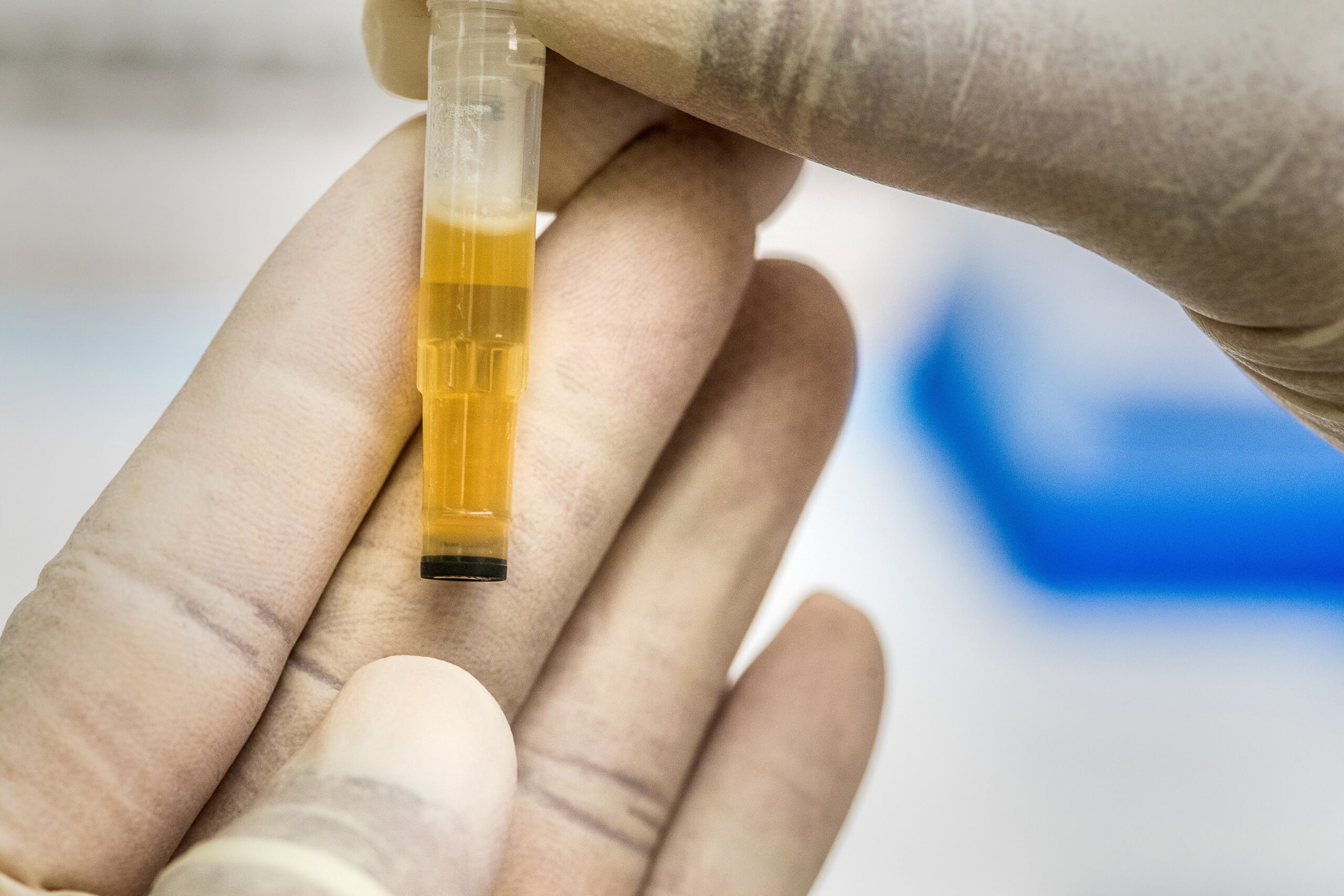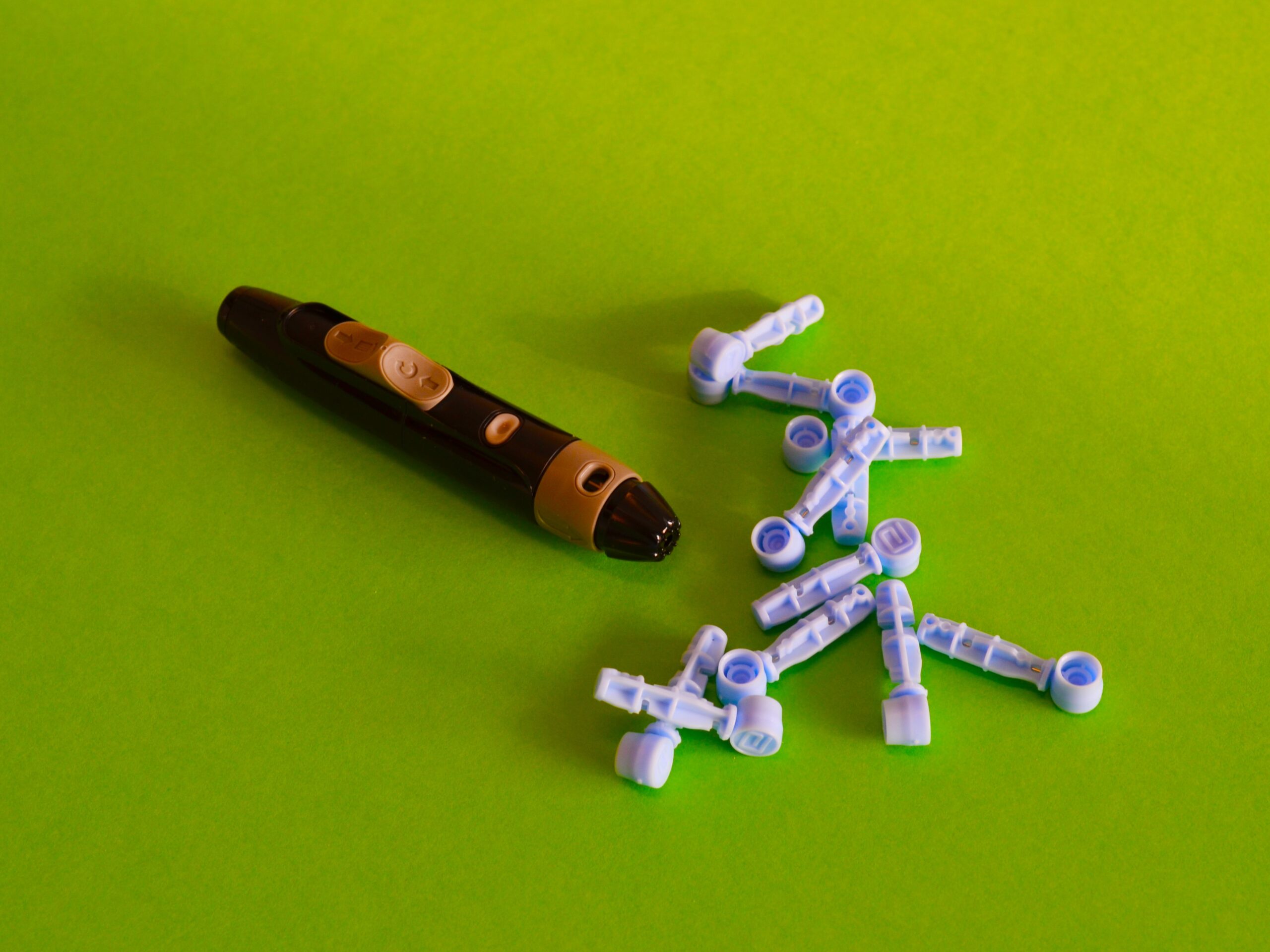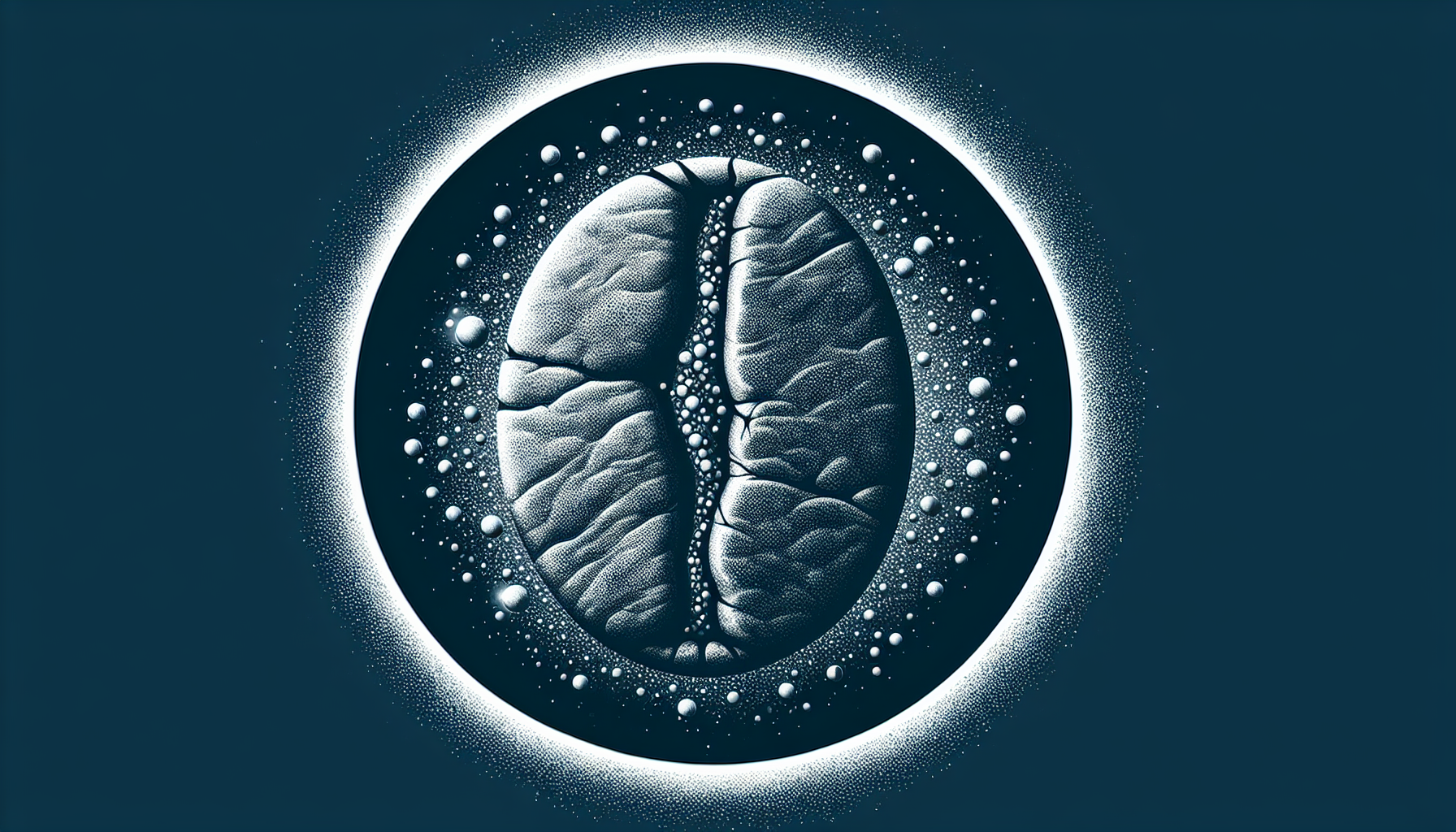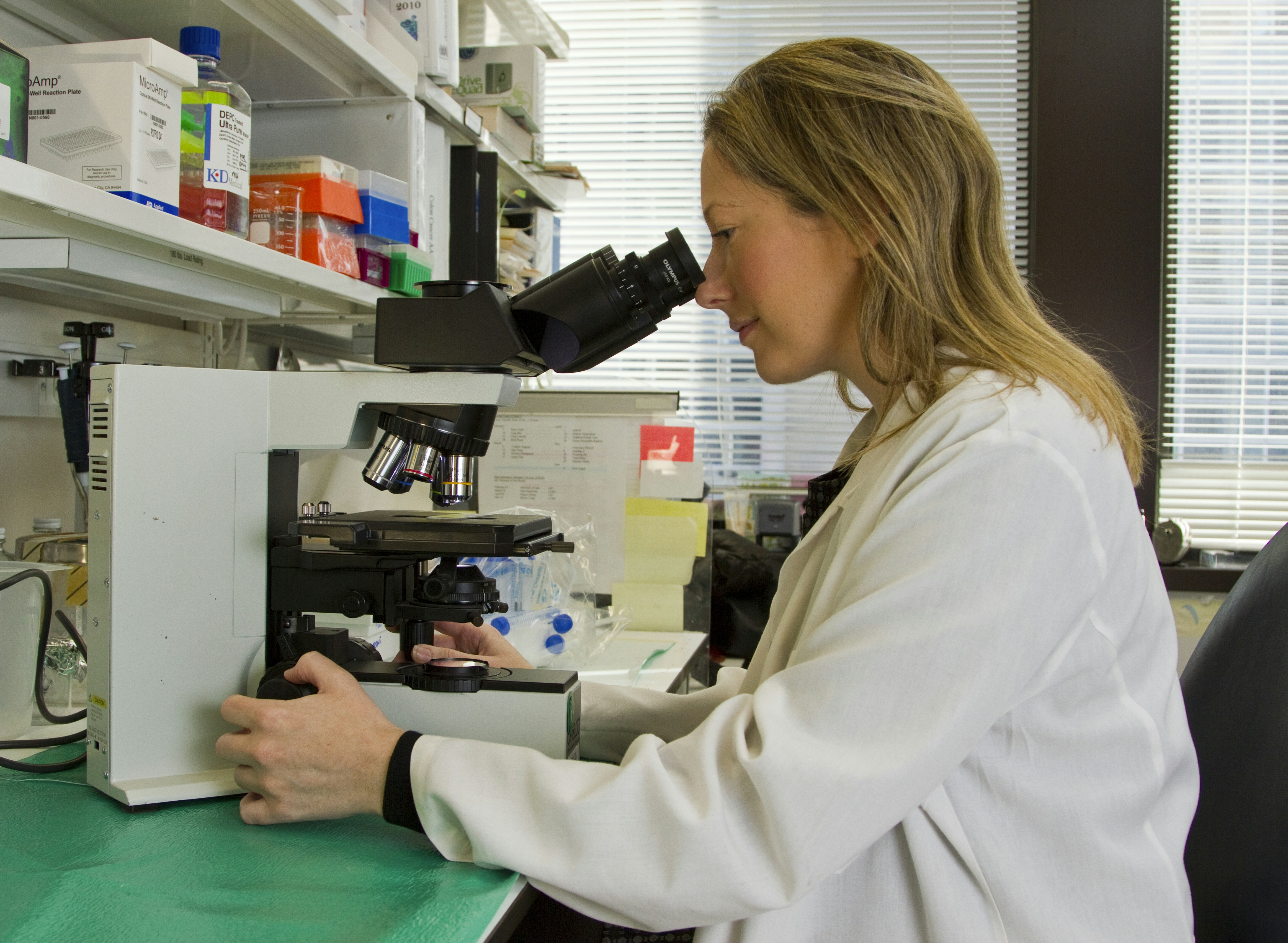Ever wondered why your urine takes on a peculiar scent after a hearty cup of coffee? It’s a common occurrence that often leaves us perplexed. In this article, we explore the fascinating connection between coffee consumption and that not-so-pleasant odor in your restroom visits. Delving into the science behind it all, we’ll decipher the mystery and shed light on why your urine may have a less-than-pleasant aroma after indulging in your favorite caffeinated beverage. So, grab your cup of joe and join us on this aromatic adventure!
Understanding Urine Smell
How our body produces urine
Urine is a waste product that is produced by our kidneys as a result of filtering out toxins, excess fluids, and waste products from our blood. The kidneys play a crucial role in maintaining the balance of electrolytes in our body, while also removing substances that are no longer needed. The urine is then transported from the kidneys to the bladder through the urinary tract before being eliminated from the body.
Factors that can impact urine smell
While urine is typically odorless or mild-smelling, certain factors can affect its smell. Several external factors, such as the foods we eat and the beverages we consume, can contribute to changes in urine odor. Additionally, internal factors like our overall health, medications, and hormonal imbalances can also influence the smell of our urine. It is important to understand that while occasional changes in urine odor may be harmless, persistent or strong-smelling urine should not be ignored and may require further investigation.
Normal range of urine smell
It is important to note that everyone’s urine odor can vary to some extent, and not all changes in smell are cause for concern. The odor of normal, healthy urine is often described as faint or mildly aromatic. However, there can be variations depending on an individual’s diet, hydration levels, and overall health. It is important to pay attention to any sudden or persistent changes in urine odor, as they could be an indication of an underlying health issue.
Role of Fluids in Urine Smell
Impact of hydration on urine smell
Hydration plays a significant role in the overall smell of urine. When our body is well-hydrated, urine is typically more diluted and lighter in color, leading to a milder smell. Conversely, dehydration can result in more concentrated urine, which may have a stronger odor. It is important to ensure adequate fluid intake to maintain proper hydration levels and minimize any potential negative effects on urine smell.
How different fluids can influence urine odor
The fluids we consume, including water, beverages, and especially coffee, can directly impact the smell of our urine. Different fluids contain various compounds and chemicals that can be excreted through urine, leading to changes in its odor. For instance, consuming certain fruits or vegetables can cause a fruity or sweet-smelling urine, while asparagus can produce a distinctive odor due to the breakdown of sulfur compounds. Understanding the influence of specific fluids on urine odor can help in identifying any potential changes or abnormalities.
Coffee and urine smell relation
Coffee, a popular beverage enjoyed by many, is known to have a noticeable impact on urine smell. After consuming coffee, it is not uncommon for individuals to experience a distinct change in the odor of their urine. This phenomenon has been extensively studied, and several factors contribute to this connection between coffee consumption and urine smell.

Coffee Consumption and Urine Smell
Reasons why coffee affects urine smell
One key reason why coffee can affect urine smell is its diuretic properties. Coffee acts as a mild diuretic, increasing urine production and frequency of urination. As a result, the concentration of certain compounds in the urine can be altered, leading to changes in odor. Additionally, coffee contains various compounds and chemicals that can be metabolized by the body and excreted through urine, further contributing to any observed changes in urine smell.
What difference caffeine makes in urine
Caffeine, a stimulant found in coffee, can also play a role in altering urine smell. Caffeine can increase urine production and impact bladder function, leading to changes in urine concentration and potentially its odor. It is important to note that the effects of caffeine on urine smell can vary from person to person, depending on individual body chemistry and metabolism.
Role of individual body chemistry in coffee consumption and urine smell
Individual body chemistry can significantly influence the way coffee affects urine smell. Each person’s body metabolizes coffee and its components differently, leading to variations in the strength, duration, and nature of changes in urine odor. Factors such as genetics, overall health, and lifestyle choices can also impact how the body processes coffee and its compounds. Therefore, it is important to pay attention to your own body’s response to coffee consumption and any associated changes in urine smell.
Components of Coffee Contributing to Urine Smell
Active compounds in coffee
Coffee contains a variety of active compounds, including volatile sulfur compounds, caffeine, and phenolic compounds. These compounds contribute to the distinct aroma, flavor, and physiological effects of coffee. When consumed, these compounds can be broken down and metabolized by the body, eventually finding their way into the urine and influencing its smell.
How coffee compounds get excreted in urine
After coffee is consumed, its compounds undergo various metabolic processes in the body. Some compounds are broken down in the liver, while others are excreted directly through the kidneys. The metabolized compounds are then incorporated into the urine before being eliminated from the body. This process contributes to the unique smell of urine after coffee consumption.
Examining coffee’s diuretic properties
Coffee is known for its diuretic properties, meaning it increases urine production and the need to urinate. Diuretics can affect the concentration of compounds in the urine, potentially leading to changes in odor. Coffee’s diuretic effect can be attributed to both its caffeine content and other chemical compounds present in the brew. It is important to note that while coffee is mildly diuretic, excessive consumption or dehydration can amplify this effect, potentially leading to more noticeable changes in urine smell.
Impact of Coffee Volume on Urine Smell
How the amount of coffee you drink influences urine smell
The volume of coffee consumed can have a direct impact on the smell of urine. Generally, the more coffee you drink, the higher the concentration of coffee compounds that are excreted in urine, which can result in a stronger and more noticeable odor. It is important to remember that everyone’s sensitivity to changes in urine smell may vary, and what may be noticeable to some individuals may not be as apparent to others.
How frequency of drinking coffee alters urine smell
In addition to the volume of coffee consumed, the frequency of drinking coffee can also influence urine odor. For regular coffee drinkers, the accumulation of coffee compounds in the body can be more consistent, potentially leading to a more persistent change in urine odor compared to occasional or non-coffee drinkers. The frequency of coffee consumption directly impacts the concentration of coffee-related compounds in urine, thus affecting its smell.
Impact of coffee concentration on urine odor
Apart from volume and frequency, the concentration of coffee consumed can also impact urine smell. Drinking highly concentrated coffee can result in a stronger odor due to the higher concentration of coffee compounds that are later excreted in urine. Diluting the coffee or opting for lower-concentration brews may help minimize the impact on urine smell.
Individual Differences in Coffee Metabolism
Genetic factors influencing coffee metabolism
Genetics can influence how an individual’s body metabolizes coffee compounds. Certain genetic variations may affect the enzymes involved in coffee metabolism, potentially leading to variations in the way coffee is broken down and eliminated from the body. These genetic factors can contribute to individual differences in how coffee affects urine smell.
Lifestyle factors and coffee metabolism
Lifestyle choices, such as diet and physical activity, can also influence coffee metabolism and its subsequent impact on urine smell. Eating a balanced diet and maintaining an active lifestyle can enhance overall metabolism and the body’s ability to process coffee compounds efficiently. On the other hand, poor diet and sedentary habits can potentially hinder coffee metabolism and contribute to stronger or more persistent changes in urine odor.
Health conditions impacting how the body processes coffee
Certain health conditions, such as liver or kidney diseases, can affect the body’s ability to metabolize coffee compounds effectively. This can result in altered urine odor after coffee consumption. Additionally, hormonal imbalances or medications can also impact the way coffee is broken down and excreted, potentially leading to changes in urine smell. It is important for individuals with underlying health conditions to be mindful of any changes in urine odor and consult a healthcare professional if necessary.

Other Dietary Factors Affecting Urine Smell
How diet can modify urine smell
Diet plays a crucial role in shaping urine odor. The foods we consume contain various compounds and chemicals that can be metabolized and excreted through urine, potentially altering its smell. For example, consuming foods like garlic, onions, or certain spices can impart a distinct odor to urine due to their sulfur-containing compounds. Maintaining a balanced and varied diet can help minimize any noticeable changes in urine smell.
The contribution of other consumed beverages
In addition to coffee, other beverages can also affect urine odor. Certain fruits and vegetables, herbal teas, and even alcoholic beverages can lead to changes in urine smell. The compounds present in these beverages can be excreted through urine, giving it a characteristic odor. By being aware of the impact of various beverages on urine smell, individuals can better understand any changes they may experience.
Role of certain foods in altering urine smell
Certain foods, such as asparagus or certain spices, can directly impact urine odor due to the breakdown of specific compounds during digestion and metabolism. While these changes may not necessarily indicate a health issue, it is helpful to be aware of the potential effects of specific foods on urine smell. Observing any persistent or unusual changes in urine odor related to food consumption can be discussed with a healthcare professional to rule out any underlying concerns.
Potential Health Implications
When coffee-induced urine smell may signal a problem
While occasional changes in urine odor after consuming coffee are typically harmless, persistent or strong-smelling urine should not be ignored. In some cases, coffee-induced urine smell may indicate an underlying health condition. If the change in urine odor is accompanied by other symptoms such as pain during urination, frequent urination, or changes in urine color, it is important to consult a healthcare professional for further evaluation.
Possible health conditions related to strong urine odor
Strong urine odor following coffee consumption can be associated with certain health conditions. Conditions such as urinary tract infections, liver or kidney disorders, diabetes, or metabolic disorders can cause changes in urine odor. If the change in urine smell is persistent and accompanied by other symptoms, it is important to seek medical advice for a proper diagnosis and appropriate treatment.
When to consult a healthcare professional about changes in urine smell
If you experience persistent changes in urine smell, especially after consuming coffee, it is advisable to consult a healthcare professional. They can evaluate your symptoms, perform necessary tests, and provide guidance on whether further investigation is required. It is always better to address any concerns or uncertainties regarding urine odor with a healthcare professional to ensure proper care and to rule out any potentially serious underlying conditions.
Reducing the Impact of Coffee on Urine Smell
Strategies to minimize coffee’s impact on urine smell
There are several strategies that can help minimize the impact of coffee on urine smell. One approach is to opt for decaffeinated or lower-caffeine coffee, as caffeine can have a direct impact on urine odor. Additionally, drinking plenty of water alongside coffee can help dilute the coffee compounds and reduce their concentration in urine. Ensuring an overall balanced diet and maintaining good hydration can also contribute to minimizing changes in urine odor.
Role of hydration
Hydration plays a crucial role in maintaining overall urine odor. When adequately hydrated, urine is typically more diluted, leading to a milder smell. Ensuring sufficient fluid intake, both in the form of water and other hydrating beverages, can help maintain proper hydration levels and minimize any impact coffee may have on urine smell. It is recommended to drink at least eight cups (64 ounces) of fluid per day, including water, to support optimal hydration.
The potential benefits of spacing out coffee consumption
Spacing out coffee consumption throughout the day can help reduce the concentration of coffee compounds in urine and potentially lessen any noticeable changes in urine smell. Instead of consuming large amounts of coffee in a short period, dividing coffee intake into smaller, spaced-out portions can minimize the impact on urine odor. Employing this approach can help individuals who are particularly sensitive to changes in urine smell find a balance that works for them.
Conclusions and Next Steps
Understanding what your urine is telling you
Urine smell can be influenced by various factors, including coffee consumption. Being aware of the potential connections between coffee and urine smell can help individuals understand their own body’s response to coffee and identify any changes that may warrant further evaluation. It is important to remember that while occasional changes in urine odor are often harmless, persistent or strong-smelling urine should not be ignored and can prompt a discussion with a healthcare professional.
Considerations in modifying coffee consumption
If you are concerned about changes in urine odor after drinking coffee, it might be worth considering modifying your coffee consumption. This can involve exploring lower-caffeine or decaffeinated options, spacing out coffee intake, or adjusting the volume of coffee consumed. However, it is important to remember that individual responses to coffee can vary, and what works for one person may not necessarily be effective for another. Experimenting with different approaches and observing the impact on urine odor can help individuals find the right balance for themselves.
Diet and lifestyle interventions to reduce bad urine smell
In addition to modifying coffee consumption, maintaining a balanced diet and a healthy lifestyle can also contribute to minimizing changes in urine smell. Consuming a variety of foods, staying hydrated, and engaging in regular physical activity can support overall metabolic function and help the body efficiently process coffee compounds. These interventions can be beneficial not just for managing urine smell, but also for promoting overall health and well-being.
By understanding the factors that influence urine smell, including the impact of coffee consumption, individuals can make informed decisions about their habits and seek appropriate medical advice if necessary. Proper hydration, balanced diet, and an awareness of potential health implications can help individuals maintain optimal urine odor and overall wellness.


